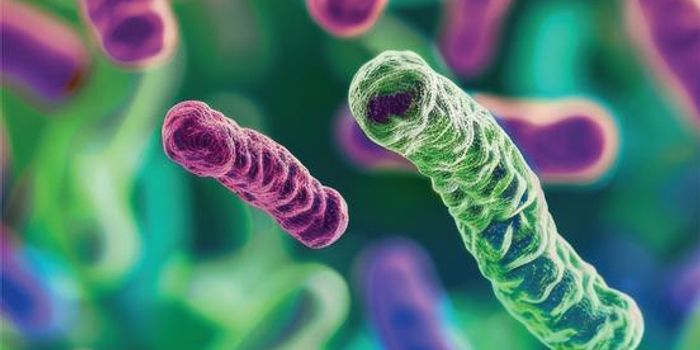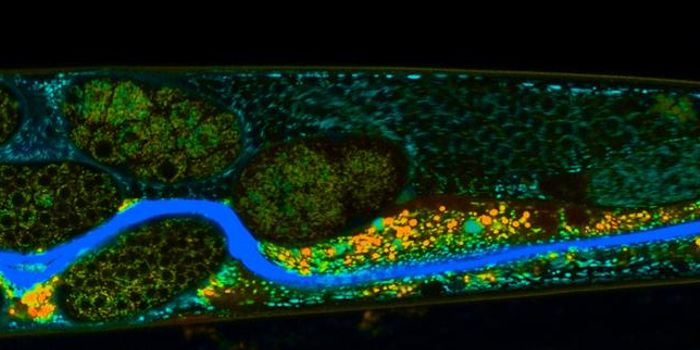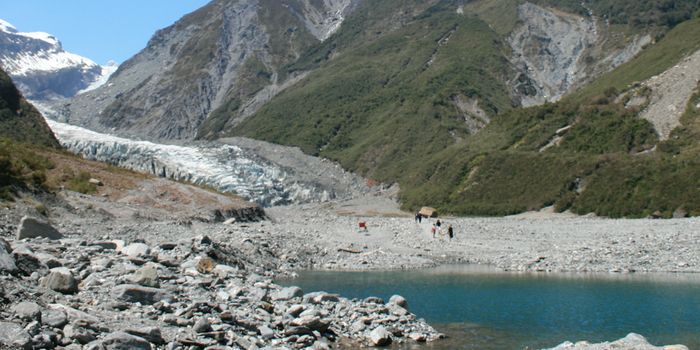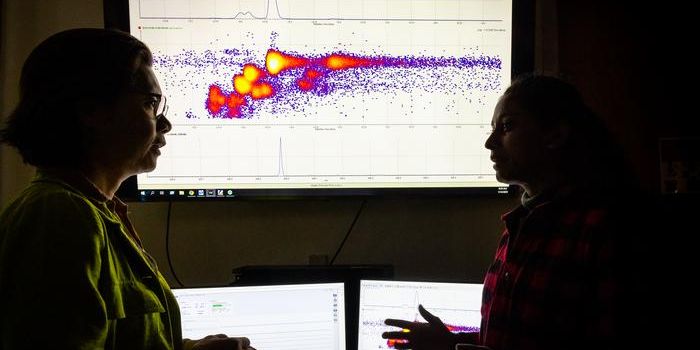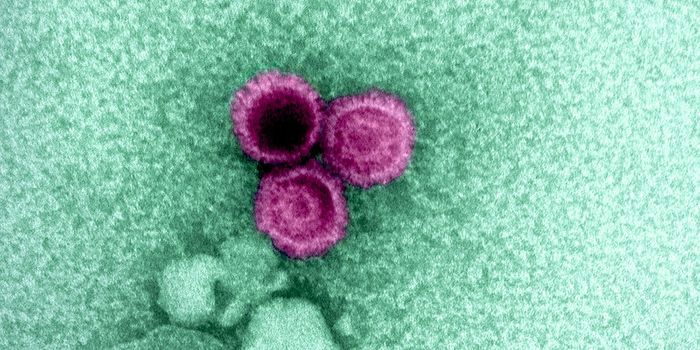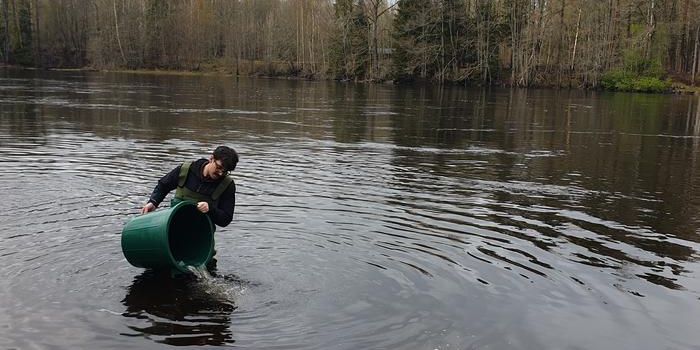Viruses cure cholera
Phage therapy may finally be gaining ground in the United States. Researchers from Tufts University just reported that a virus cocktail effectively prevents cholera in an animal model.
According to study author Andrew Camilli, “while phage therapy has existed for decades, our study is proof-of-principle that it can be used to protect against infection and intervene in the transmission of disease. We are hopeful that phages can someday be a tool in the public health arsenal that helps decrease the global burden of cholera, which affects up to four million people around the world each year."
Cholera is caused by the bacterium Vibrio cholerae. V. cholerae is a Gram-negative, comma-shaped, facultative anaerobe that hangs out in brackish water or saltwater. The symptoms of cholera - diarrhea, vomiting, dehydration, and weight loss - are caused by cholera toxin. The toxin causes cells in the intestine to expel chloride ions - this causes fluid loss (diarrhea) and eventually dehydration.
The researchers identified three phages (ICP 1, 2, and 3) that kill V. cholerae more effectively when combined as a cocktail than when applied in isolation. Next, they wanted to know if the same was true in vivo.
To test this, they measured how well the ICP cocktail reduced the number of V. cholerae bacteria in the small intestines of mice. They found that all of the phages reduced the number of bacteria by at least two orders of magnitude. Interestingly, ICP3 alone and the ICP cocktail were equally effective in reducing bacterial colonization.
Because some phages remained in the intestines after the experiment, they wondered if they could treat the animals with the cocktail at an even earlier time point (up to 24 hours before inoculating the mice with the bacteria) and still decrease bacterial colonization. They found that prophylaxis with the phage cocktail was most effective when given 6 hours before inoculating the animals with V. cholerae.
Finally, they validated their findings in a rabbit model. Rabbits, as opposed to mice, develop the symptoms associated with cholera - diarrhea, dehydration, and weight loss. They gave the rabbits the phage cocktail either 3 or 24 hours before inoculating them with V. cholerae. When the cocktail was given 3 hours before inoculation, no V. cholerae bacteria could be detected in four of seven rabbits!
Does this mean there’s hope for phage therapy? We’ll have to wait and see.
Sources: Nature Communications, EurekAlert, Wikipedia


